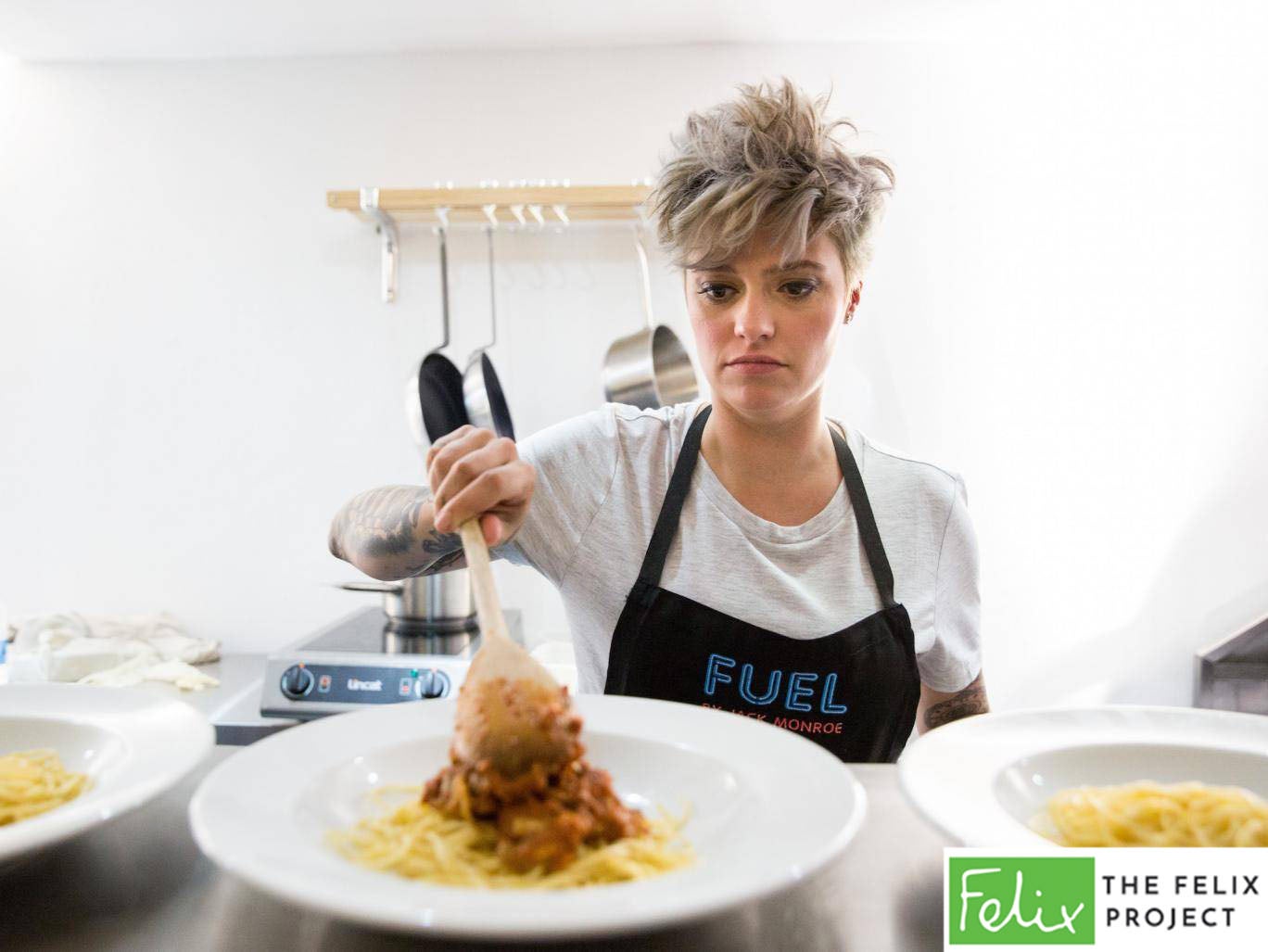Jack Monroe hails victory as ONS announces overhaul to cost-of-living statistics
Statistics body aims to more accurately measure how low-income families are hit by inflation

Your support helps us to tell the story
From reproductive rights to climate change to Big Tech, The Independent is on the ground when the story is developing. Whether it's investigating the financials of Elon Musk's pro-Trump PAC or producing our latest documentary, 'The A Word', which shines a light on the American women fighting for reproductive rights, we know how important it is to parse out the facts from the messaging.
At such a critical moment in US history, we need reporters on the ground. Your donation allows us to keep sending journalists to speak to both sides of the story.
The Independent is trusted by Americans across the entire political spectrum. And unlike many other quality news outlets, we choose not to lock Americans out of our reporting and analysis with paywalls. We believe quality journalism should be available to everyone, paid for by those who can afford it.
Your support makes all the difference.Official cost-of-living statistics will be overhauled to more accurately track how low-income families are hit by soaring prices, the Office for National Statistics has said.
The move was hailed as a victory by campaigner and food writer Jack Monroe, who raised awareness this week that official inflation measures often fail to take account of how the poorest households are hit by food price rises.
It came after the ONS’s main measure of inflation, the consumer prices index (CPI), rose to its highest level in three decades. CPI has now hit 5.4 per cent, with experts forecasting that it will top 6 per cent by April.
The ONS said in a blog post that it would begin posting more detailed inflation data from Friday as part of ongoing work to improve its statistics.
Mike Hardie, Head of Inflation Statistics at the ONS, wrote: “The headline inflation rate is, of course, only an average figure and doesn’t necessarily reflect the price changes experienced by different people.”
He added that prices had been volatile recently, but that large movements in the cost of individual items does not tend to have a large impact on the overall rate of inflation which is calculated as an average of 180,000 different prices.
The ONS plans to begin publishing separate inflation statistics for people on different levels of income. It had done so in the past but data collection was interrupted by the pandemic, which meant that many goods and services were no longer on general sale.
Inflation figures have attracted an uncharacteristic level of attention in recent months as the cost of a host of everyday goods surges.
Monroe has campaigned for a new measure of price rises called the 'Vimes Boots Index' - named after a passage in one of Terry Pratchett's Discworld novels which theorises that price increases hit poorer people harder than those who are well-off.
She said that her index would track “insidiously creeping prices” of the most basic food items.
Monroe tweeted on Wednesday: “Delighted to be able to tell you that the [Office for National Statistics] have just announced that they are going to be changing the way they collect and report on the cost of food prices and inflation to take into consideration a wider range of income levels and household circumstances.
It followed a series of viral twitter threads in which Monroe outlined how the index fails to capture the importance of price rises of basic items.
Prices for supermarkets' “value” ranges have soared in the past decade, according to Monroe's figures. For example, rice in her local supermarket was 45p for a kilogram bag last year but is now £1 for 500g - a 34 per cent increase.
Monroe said she was also working with organisations who advise the government on benefits, to lobby with “irrefutable data for a more reasonable and affordable standard of living” for people who are in receipt of any kind of state support.
She added: “Austerity has gone on long enough, it’s time for change.”
Charities and think tanks warned ministers this week that it was “inevitable” large numbers of people would fall into destitution this year as the UK’s “woefully inadequate” benefits system fails to keep up with the rising cost of living.
Food prices are increasing and the energy price cap is expected to jump 50 per cent in April, taking the average household’s annual fuel bill to around £2,000.
Join our commenting forum
Join thought-provoking conversations, follow other Independent readers and see their replies
0Comments